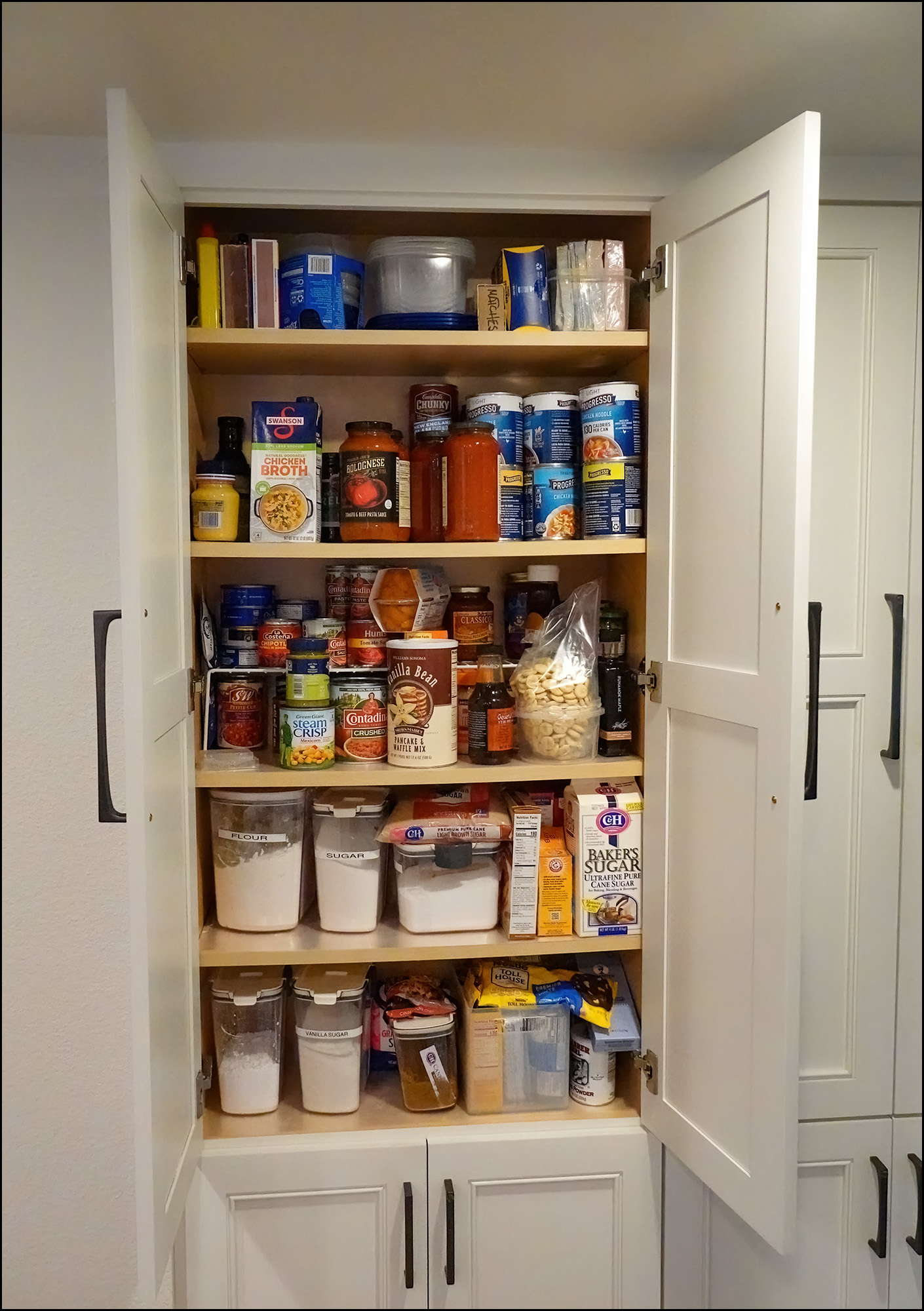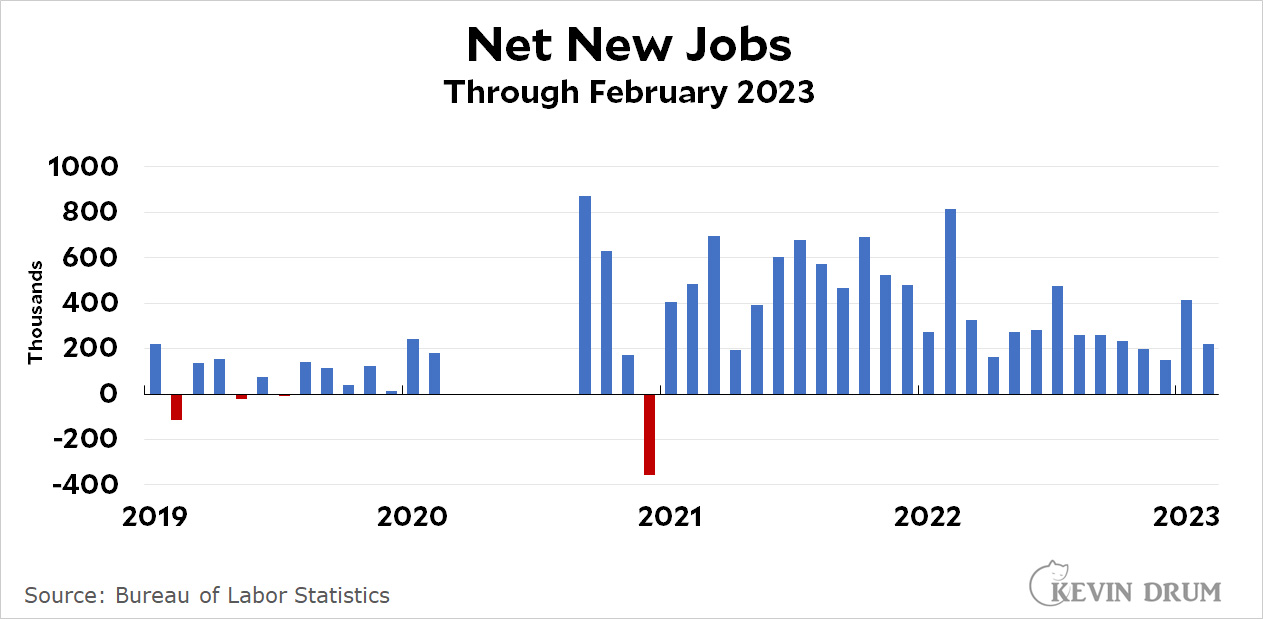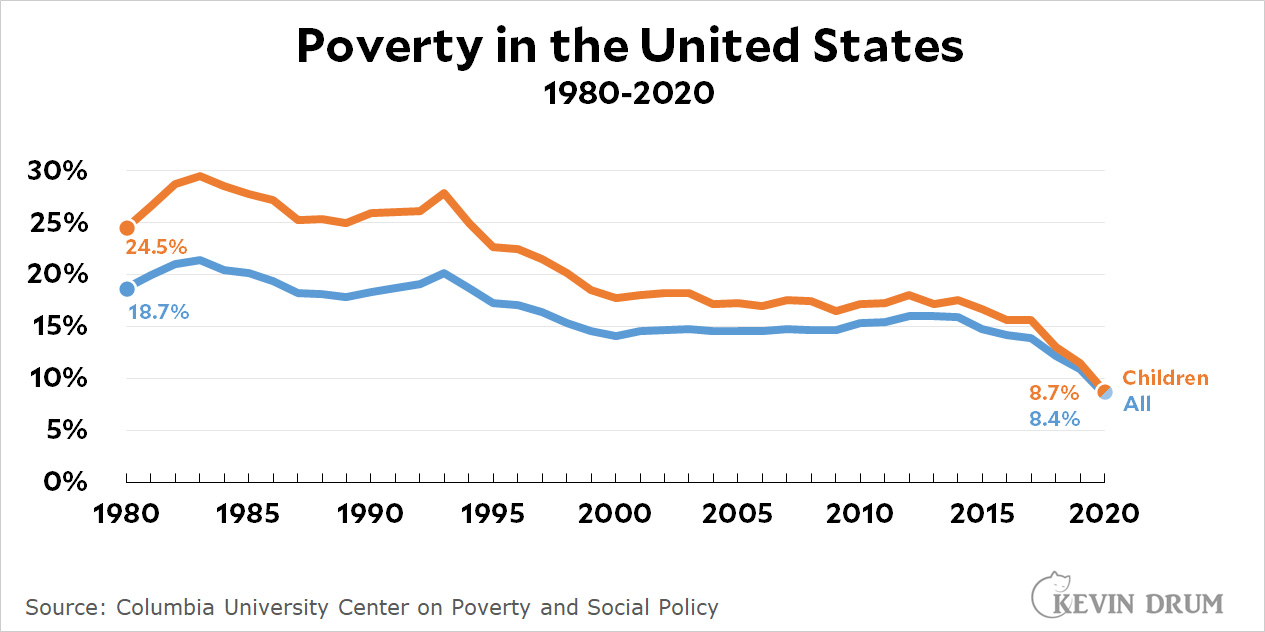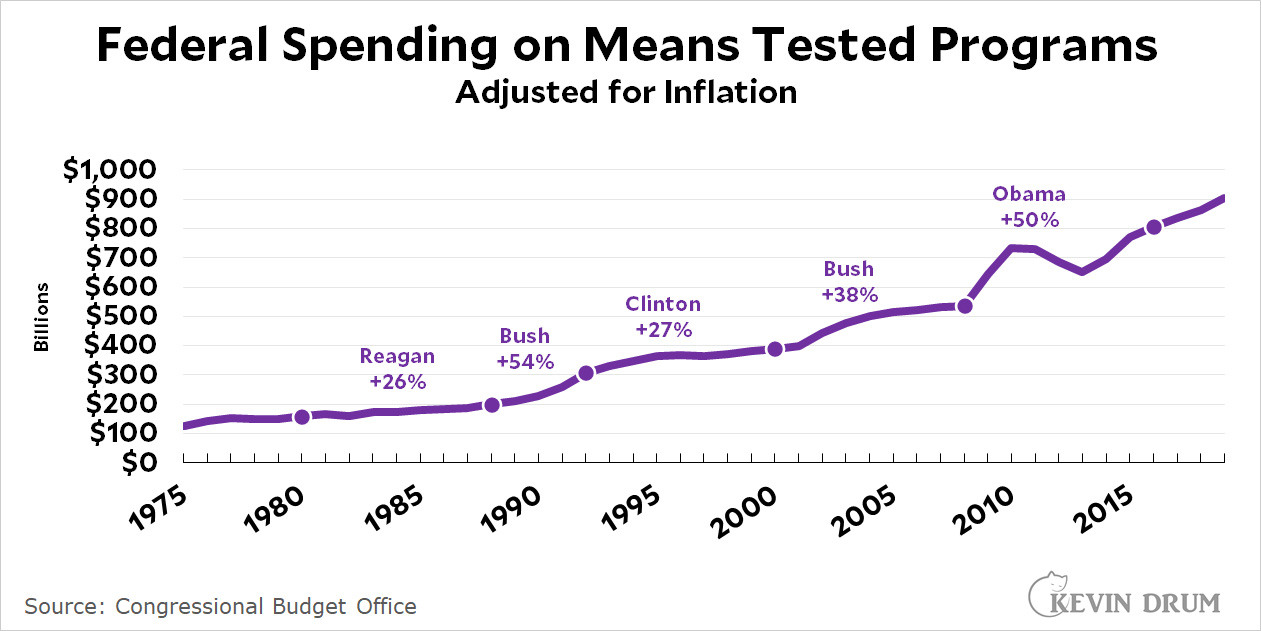Silicon Valley Bank collapsed today in the second-biggest bank failure in US history. Why? Because it put a ton of money into long-dated government and mortgage bonds. This would normally be pretty safe:
When the Federal Reserve began raising rates last year, however, those holdings became less attractive because newer government bonds paid more in interest. That might not have mattered so long as the bank’s clients didn’t ask for their money back.
But at the same time as interest rates were rising, the environment for start-up funding dried up, putting pressure on the bank’s clients — who then began to withdraw their money. To pay those redemption requests, Silicon Valley Bank had to sell off some of its investments at exactly the wrong time. In its surprise disclosure on Wednesday, the bank admitted that it had lost nearly $2 billion when it was all but forced sell some of its holdings.
It's not clear yet if SVB really did anything wrong. It invested in government bonds and then had to sell them at a loss when the startup market stalled and clients wanted to withdraw money. Clients were spooked by the reported loss and began a full-scale run on the bank.
Normally US government bonds are considered pretty safe, and SVB reported a Tier 1 capital ratio of 15% last quarter. This is well above the 6% Basel III requirement. Its Tier 1 leverage ratio was 8% compared to the Basel III requirement of 3%. Even after the $2 billion loss those ratios would have been 13% and 7% in the absence of any other losses. Overall, SVB looked pretty strong.
If anything, this makes the whole thing a little scarier. It's one thing for a weak, feckless bank to fail, especially in the face of a huge economic bust like the one in 2008. It's quite another for a strong bank to fail during normal economic times. The obvious conclusion is either (a) this was just a weird one-off failure, or (b) things are worse than we thought.
I don't have the chops to know which it's more likely to be. I imagine it will partly depend on whether depositors get most of their money back. If they do, it's a blip. If they don't, there might be follow-on problems. I'm sure we'll learn much more over the next few days.







